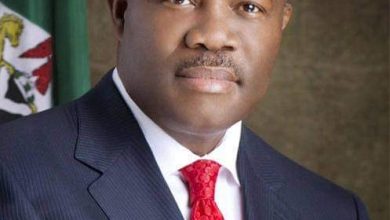September 2022 MPC Meeting: No Pause Expected in the MPC’s Tightening Stance

The monetary policy committee (MPC) will be concluding its two-day monetary policy meeting today. At its last meeting in July, committee members stressed the need to further tighten policy in order to stop the inflationary trend from continuing unabatedly. As such, committee members voted to raise the monetary policy rate by 100bps to 14.0%. According to a Reuters report, the world’s major central banks raised interest rates by an additional 350bps last week, in an effort to combat inflation. Looking ahead to tomorrow’s policy decision, we anticipate that the committee will most likely raise rates by 50bps to 100bps based on a number of factors.
Headline inflation has breached the 20% mark, a 17-year high, and is clearly outside the CBN’s 6% to 9% reference range. Consequently, it is crucial for the committee to show its commitment to fighting inflation and strengthen the anchoring of inflation expectations.
Although food inflation slowed down by 110bps to 23.1% in August compared with a rise of 141bps to 22.0% in July, the surge in core inflation (excluding food prices) by 94bps m/m to 17.2% in August (vs. 51bps to 16.3% in the prior month) is quite concerning.
Another factor in favour of monetary tightening is the potential pressure on the naira exchange rate, particularly in view of the US dollar’s remarkable performance this year, driven by the Federal Reserve’s tight monetary policy.
The US Dollar Index (DXY), which measures the value of the US dollar relative to other major currencies, has rallied by roughly 18% ytd and around 16% from the end of March to date.
Last week, the US Federal Reserve raised rates by 75bps. Its indication of additional rate increases of 125bps over its two remaining meetings this year will put additional pressure on other currencies, particularly those of emerging and frontier markets.
That said, we still think that offshore funds will mostly be inelastic to interest rate increases largely because of fx liquidity considerations, concerns around fiscal sustainability and negative real returns.
Although GDP growth is still fragile and in low-single digits (3.54% Q2 ’22), we believe that the committee still has some scope to hike interest rates without pushing the economy into contraction territory.
The CBN has price stability as one of its core objectives. As such, we believe that the MPC’s bias will be tilted towards stemming rising inflation rather than growth.







